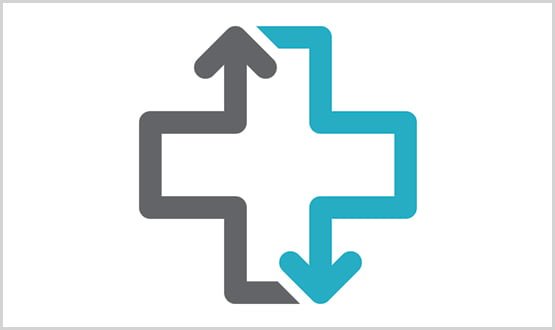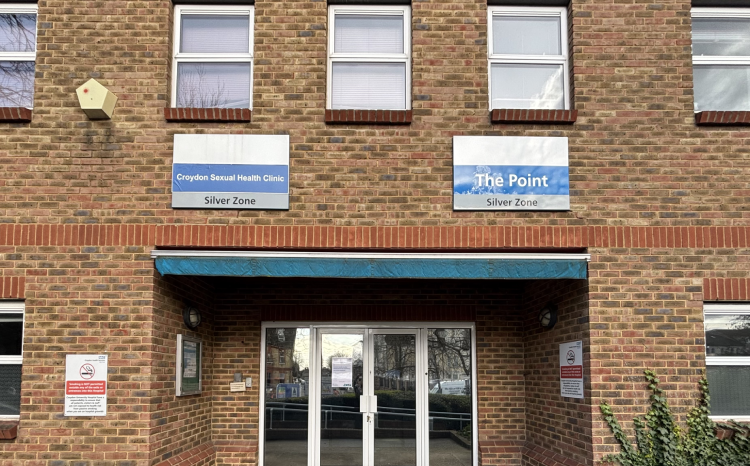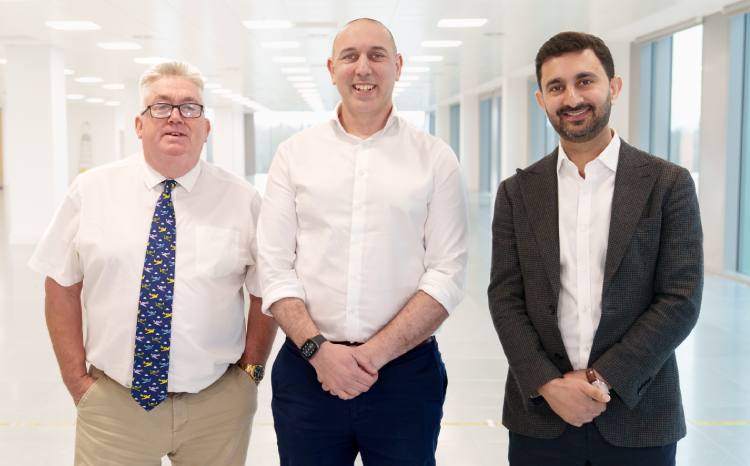Southampton showcases how PHRs benefit patients

A variety of different patient groups treated by clinicians from University of Southampton NHS Foundation Trust are all benefiting from the pioneering use of personal health records to help speed up their treatment, reduce hospital visits and better tailor care to their needs.
The patients using PHRs range from young people with renal conditions, making the difficult transition to adult care who require support. Men who are recovering from prostate cancer and traditionally have to visit a hospital every six months to discuss their PSA test results. And patients scheduled for operations, who would usually require a visit for a pre-operative assessment.
A recent CCIO and Health CIO Network Best Practice Site Visit on PHRs, covered presentations from clinicians and academics who described how Southampton’s MyMedicalRecord PHR, is being used to help better tailored and personalised patient care for each of these patient groups.
Southampton’s PHR, locally developed using tools from GetRealHealth and Microsoft HealthVault, enables patients to directly access test results, book appointments, follow treatment plans and pathways, complete questionnaires and surveys, and have online secure email consultations with a clinician.
PHR for pre-op assessment now cutting patient visits
Consultant anaesthetist, Dr Lucy White, explained how MyMedical Record is now being used to provide online pre-operative assessment before patients come into the hospital, rather than coming in for a separate assessment ahead of an operation, “so patients only need to have one contact with the system”.
“A pilot project involving 300 patients, found a 60% response rate.” The pre-op assessment is fully integrated with the hospital’s EPR” explained Dr White.
“Patients benefit and hospital efficiencies are already visible,” she added, stressing the biggest challenges are around cultural change.
“The aim is to change the culture and expectations. It used to be that people were admitted in the evening before an operation, and it was a big change when we started admitting them the day of the operation, now it’s just completely normal.”
“Within five years, people will expect online pre-assessment ahead of an operation, instead of coming into hospital, and it will become the new norm,” predicted Dr Lucy White
But a number of practical obstacles first have to be overcome, including current commissioning and tariffs, “at the commissioner pays less for a remote assessment than one in person”, said Dr White.
Transition from child to adult care
Dr Arvind Nagra, consultant paediatric nephrologist at Southampton, has used MyMedical Record as the tool to deliver an initiative called Ready Steady Go, for children who have had a kidney transplant or other renal condition more successfully making the transition to adult care.
She explained the transition from paediatric to adult care in renal care, as with many other long-term conditions, is a difficult transition young people need lots of tailored support through.
“Studies show that when young people move to adult services they struggled and one in four kidney transplants were lost or died within four years,” explained Dr Nagra.
“With transition support, people have much better outcomes, and studies show that the same applies for patients with diabetes and CHD as well.” She highlighted the Care Quality Commission report ‘From Pond into the Sea’, which focused on transition support, and “made lots of recommendations on what a transition programme should look like”
“Read Steady Go is a holistic programme that works across sub-specialties and equips people to manage their condition, using a structured knowledge framework.” She said that she hoped the programme would be adopted nationally, and many other trusts had already started using it.
Dr Nagra said that delivering Ready Steady Go through MyMedical Record was the obvious thing to do. “Having a separate app for Ready Steady Go alone was pointless – so we have integrated into My Medical Record.”
Dr Nagra argued that to make health care sustainable and ensure high-quality delivery needs patients to be empowered, “and that requires electronic patient owned records”
Benefits include patients not having to carry their notes around, and in the case of a patient from Jersey, who had their treatment plan on MMR, it enabled a hospital admission to be avoided
Follow-up of prostate cancer patients
Professor of nursing, Alison Richardson, meanwhile outlined how the MyMedicalRecord PHR is being used to better manage the follow-up of men who have finished prostate cancer treatment, working with the men’s prostate cancer charity Movember and Prostate Cancer UK
The Movember-funded initiative, called TrueNTH, is based around supported self-management and follow-up, began in January 2014 and “involved redesign and implementation of cancer follow-up pathway and 2,500 patients have been enrolled through five sites”.
Prof Richardson said that the million-pound research project is designed for men who have had prostate cancer, and who have been cured or are expected to live beyond cancer.
She added: “This is a poorly served group, they report a high level of unmet need and have a fear of cancer coming back. Problems include urinary and bowel problems, sexual dysfunction and depression. But they also faced poor access to specialists and long appointment waits.”
She explained that prostate cancer services are struggling to cope with demand, and need new models of care. “Prostate cancer is one of most common cancers in men and the clinics are falling over – we’re getting better at treating. Some 330,000 people survive prostate cancer a year, a figure expected to rise to 660,000, but the pressure on clinics is enormous.”
Prof Richardson said there are currently only 294 uro-oncology Cancer Nursing Specialists (CNS) in England, with a further 194 are needed, each CNS currently has up to 600 patients each
The MMR PHR has been used to help redesign care pathway, shifting the focus to supported self-management and the development of a patient online service, including a PSA tracker that gives patients first access to their PSA results, ahead of their nurse or consultant, and online consultations.
TrueNth has shown that with online support and training it is possible to cut the number of routine follow-up appointments that patients would otherwise have every six months.
“It’s a big cultural change as patients usually expect to have to come back to hospital,” said Prof Richardson. “And we found that consultants like to see patients in follow-up – they spend a lot of time with really sick patients and the follow-ups are their successes.”
Again, it’s been as much about cultural change and rethinking the roles of staff, particularly support workers. A key part of the project is an initial training session for the men taking part in the new care pathway pilot.
Of the 285 men who enrolled, 134 electronic MOTs were completed by 88 patients, and 143 electronic messages sent by 54 patients
The project completes in July with a full evaluation to be undertaken, but Prof Richardson said key early findings were that “Men do use the system, with very positive feedback”, that a huge issue was “paternalistic attitudes of patient held info had to be overcome”.
She added that working with the five different NHS trusts had shown that variations in their PAS and pathology systems had a key role in making follow-up more efficient.”




